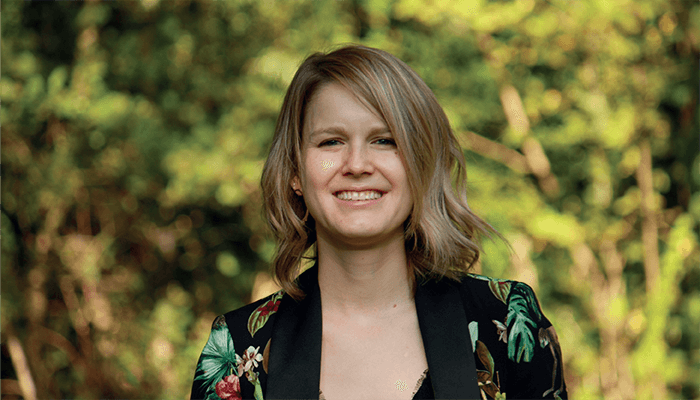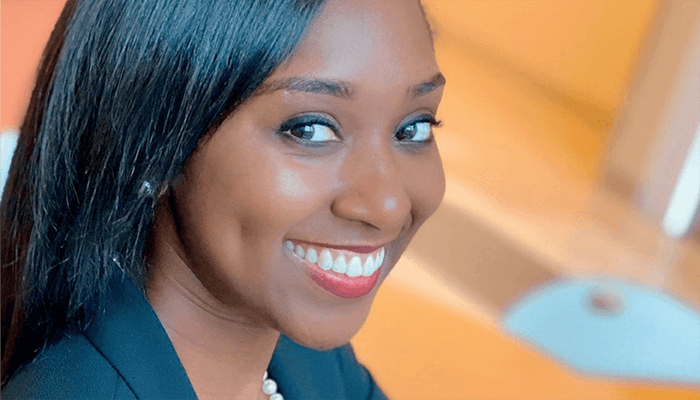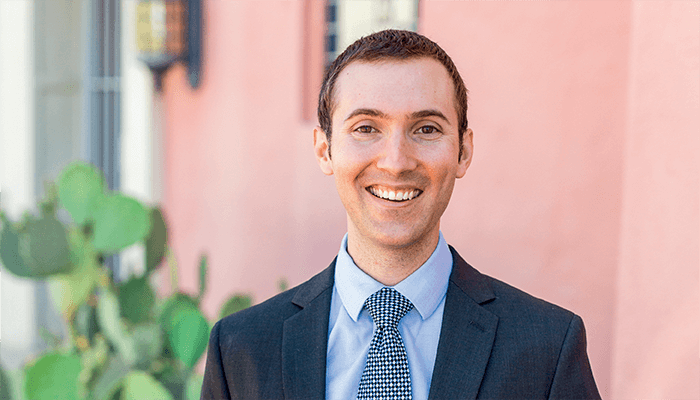Isabelle Kohler: Everyone should have equal opportunities when it comes to getting their dream job, but unfortunately the reality is different. Climbing the academic ladder as a woman in STEM has made me realize that there is a lot to be done to improve diversity, equity, and inclusion (DEI) in analytical science. Policies exist, but they don’t seem to be established by those who would actually benefit from them. When will we start listening to underrepresented communities about what they need to grow and flourish in the field?
I would like to see more attention on people with physical or mental disabilities – be it big, small, visible or invisible, temporary or long-term. Navigating a professional career with a disability can be tough. This adds another layer of stress for those individuals, who often don’t dare to share their struggles for fear of being cast aside. Inclusion also means that we should stop glorifying burnout culture and instead actively promote mental and physical wellbeing. I would like to see a work culture in which people with disabilities feel secure and welcome. Many of us struggle to adopt an “all work” mentality for health-related reasons and I don’t believe we should be penalized for this.

Candice Ulmer: I am hopeful that DEI will become standard practice in the workplace and a natural component of every institution’s culture. In addition, I hope to see a shift – from relying internally on employees to implement and develop DEI initiatives and policies to dedicating a percentage of annual operating budgets to hiring an external DEI consultant, manager, or office.
Michael Marty: The main change I would like to see is greater cooperation between industry and academia to advance DEI. Although most companies want a more diverse workforce, not enough collaborate with academic institutions to achieve this goal. Most academics actively want to support students in achieving their career goals, but resources are limited and academia does not always prepare students with the skill set they need. Greater cooperation could solve a lot of these challenges, but it will require long-term investment at all levels.


Daniel Petras: Though I am very happy about the increased attention and efforts toward improving DEI in science, there is still room for improvement. One thing we need to address as a community are the socioeconomic barriers that actively exclude a large part of humanity from engaging in science. Especially across borders, some DEI measures might be ineffective or even worsen the situation for economically disadvantaged people by focusing on historically marginalized groups without distinguishing between socioeconomic backgrounds. The introduction of conference fees and increasing article processing charges worries me because; they generate a scientific class society that prohibits many researchers from networking and showcasing new science.
More waivers and scholarship programs are needed to enable economically disadvantaged scientists and institutions to participate in the scientific process. Another measure that can have a huge positive impact is free online conferences and the sharing of educational materials over the Internet. Because everyone was stuck at home during the COVID-19 pandemic, having conferences and workshops online made science much more accessible. I believe that having the recordings online increased participation from people all around the globe and effectively removed socioeconomic barriers. I would argue that YouTube is probably one of the most important free educational resources we have.
Evelyn Rampler: I am convinced that successful research in a field is dependent on its diversity. There is still a long way to go to reach equality for all underrepresented groups in analytical sciences – and STEM fields in general. For me, it’s not only a vision, but a mission to foster diversity, equity, and inclusion in research and teaching. We must promote education about unconscious bias and discrimination against women and underrepresented minorities in science. For that, we need significant changes on institutional and personal levels (1).
We need to move away from the inflexible academic career model that scares away many young and promising scientists. Flexible schedules – and valuing efficiency rather than working hours – would help to balance work and personal demand, dismantling the common belief that working more is directly correlated with higher success rates. Another common belief is that students should move multiple times to succeed in academia, which makes it difficult to start a family. It also makes many scientists struggle with their mental health, because they often lack a functional supporting environment (another major issue during the COVID-19 pandemic). Overall, I strongly believe in the value of a healthy work environment, networks like Females in Mass Spectrometry (FeMS), and role models as major tools to support diversity, equity, and inclusion in our field.
Christina Jones: I want to see the analytical science community become a reflection of the global population. Science and technology innovation impacts our lives and transforms society. If we want to stay at the forefront, we have to innovate. For that to happen in analytical science, we need people with diverse passions and an assortment of perspectives that will challenge us to think differently and introduce new questions to the community that can be investigated.
References
- E Rampler et al., “Empowering women and addressing underrepresentation in the field of mass spectrometry,” Expert Rev Proteomics, 19, 1 (2022). DOI: 10.1080/14789450.2022.2039631.




